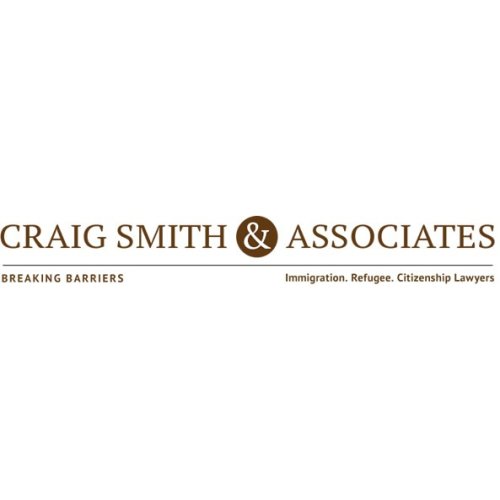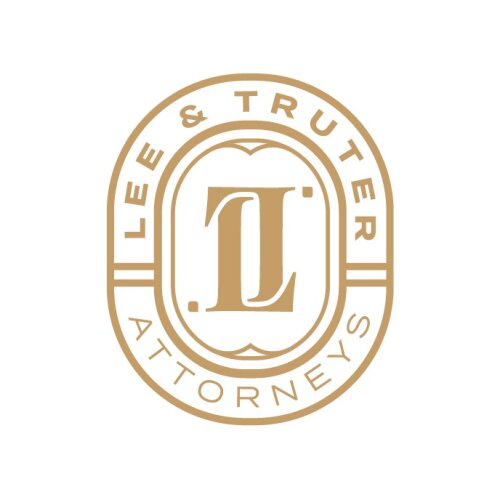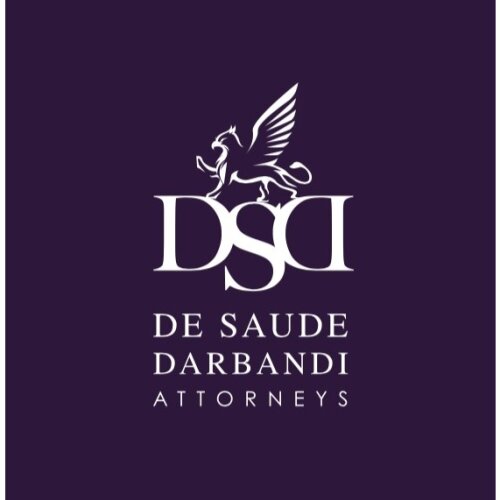Best Immigration Lawyers in Cape Town
Share your needs with us, get contacted by law firms.
Free. Takes 2 min.
List of the best lawyers in Cape Town, South Africa
About Immigration Law in Cape Town, South Africa
Cape Town, South Africa, is a vibrant and culturally diverse city that attracts individuals from around the world. Immigration law in Cape Town is governed by national South African policies aimed at regulating the entry, stay, and residence of non-citizens. The legal framework is designed to facilitate the movement of individuals while ensuring the security and development of the country. Immigration law covers various categories, such as work permits, residency applications, visa extensions, and asylum cases, all of which require compliance with specific legal criteria and procedures.
Why You May Need a Lawyer
The complexities of immigration law often necessitate the expertise of a lawyer. Common situations where legal assistance might be needed include:
- Applying for a work permit or business visa, where guidance is needed to ensure compliance with the complex requirements and procedures.
- Seeking permanent residency or citizenship, which involves navigating multiple applications and possible legal challenges.
- Addressing issues related to visa overstays or incorrect documentation, which could lead to deportation or bans from returning to South Africa.
- Applying for asylum, where individuals must present a compelling case in line with international and South African laws.
Engaging a lawyer helps mitigate risks, ensures accurate representation, and enhances the chances of a successful outcome in these processes.
Local Laws Overview
South African immigration is primarily governed by the Immigration Act, 2002 (Act No. 13 of 2002) and the Refugees Act, 1998 (Act No. 130 of 1998), along with subsequent amendments. Key elements include:
- Visa requirements for short-term and long-term stays, each with specific validity periods and conditions.
- Permit categories including visitor's visas, study visas, work visas, and relative's visas, each with different eligibility criteria.
- Permanent residency legislation allows individuals to apply based on kinship, financial independence, employment, or business investment.
- Procedures for those seeking asylum require thorough documentation and proof of conditions that justify refuge.
- Regular updates and changes to immigration policies and enforcement practices.
Frequently Asked Questions
How can I apply for a work visa in Cape Town?
Applications for work visas can be made through the Department of Home Affairs either online or at a South African embassy or consulate abroad. Requirements include a valid job offer and support documents from your prospective employer.
What is the difference between a temporary residence visa and a permanent residence permit?
A temporary residence visa is issued for a specific period and purpose, such as work or study, while a permanent residence permit allows individuals to reside indefinitely in South Africa without time limitations.
What is the process for converting a visitor's visa to another type of visa?
Conversion is generally not permitted from within South Africa unless under specific circumstances. Typically, individuals must apply outside of South Africa for a different visa type.
Can I apply for asylum upon arriving in Cape Town?
Yes, you can apply for asylum upon arrival. You need to report to a Refugee Reception Office where your claim will be assessed. Legal support is advised to navigate this process effectively.
Are there any quotas for certain visas?
Yes, some visas may have limited quotas, especially skilled visas, which are tied to the needs of the economy and determined by the Department of Home Affairs.
How long does it take to get a permanent residence permit?
The process can take several months to over a year due to the thorough evaluation required for permanent residence applications. Delays are common, so it is advisable to apply well in advance.
What happens if I overstay my visa?
Overstaying can lead to fines, detention, and a potential ban from re-entering South Africa. Immediate consultation with a legal expert is crucial if you find yourself in this situation.
Is it necessary to have medical insurance when applying for a visa to South Africa?
Yes, most long-term visas require proof of adequate medical insurance for the duration of your stay in South Africa.
What documents are generally required for visa applications?
Common documents include a valid passport, proof of financial means, medical insurance, personal identification, and for work or study visas, an offer and acceptance letter from the relevant institutions.
Can dependents be included in my visa application?
Yes, dependents can often be included, typically under relative's visas, but specific conditions and additional documents may apply.
Additional Resources
For individuals seeking further information or help, the following resources may be of assistance:
- The Department of Home Affairs: This governmental body handles immigration policies and procedures.
- Legal Aid South Africa: Provides legal assistance to those who can't afford private lawyers.
- Scalabrini Centre: Offers support and advice for migrants and refugees.
- Private Immigration Law Firms: Various local firms specialize in immigration law and can provide personalized guidance.
Next Steps
If you need legal assistance with immigration in Cape Town, start by consulting a reputable immigration lawyer specializing in South African law. Many legal firms offer initial consultations to understand your needs and outline the process. Consider gathering all relevant documents, understanding your current immigration status, and defining your immigration goals before seeking professional advice. Utilizing both legal and governmental resources will equip you with information and support for your immigration journey in South Africa.
Lawzana helps you find the best lawyers and law firms in Cape Town through a curated and pre-screened list of qualified legal professionals. Our platform offers rankings and detailed profiles of attorneys and law firms, allowing you to compare based on practice areas, including Immigration, experience, and client feedback.
Each profile includes a description of the firm's areas of practice, client reviews, team members and partners, year of establishment, spoken languages, office locations, contact information, social media presence, and any published articles or resources. Most firms on our platform speak English and are experienced in both local and international legal matters.
Get a quote from top-rated law firms in Cape Town, South Africa — quickly, securely, and without unnecessary hassle.
Disclaimer:
The information provided on this page is for general informational purposes only and does not constitute legal advice. While we strive to ensure the accuracy and relevance of the content, legal information may change over time, and interpretations of the law can vary. You should always consult with a qualified legal professional for advice specific to your situation.
We disclaim all liability for actions taken or not taken based on the content of this page. If you believe any information is incorrect or outdated, please contact us, and we will review and update it where appropriate.
Browse immigration law firms by service in Cape Town, South Africa
Cape Town, South Africa Attorneys in related practice areas.
















